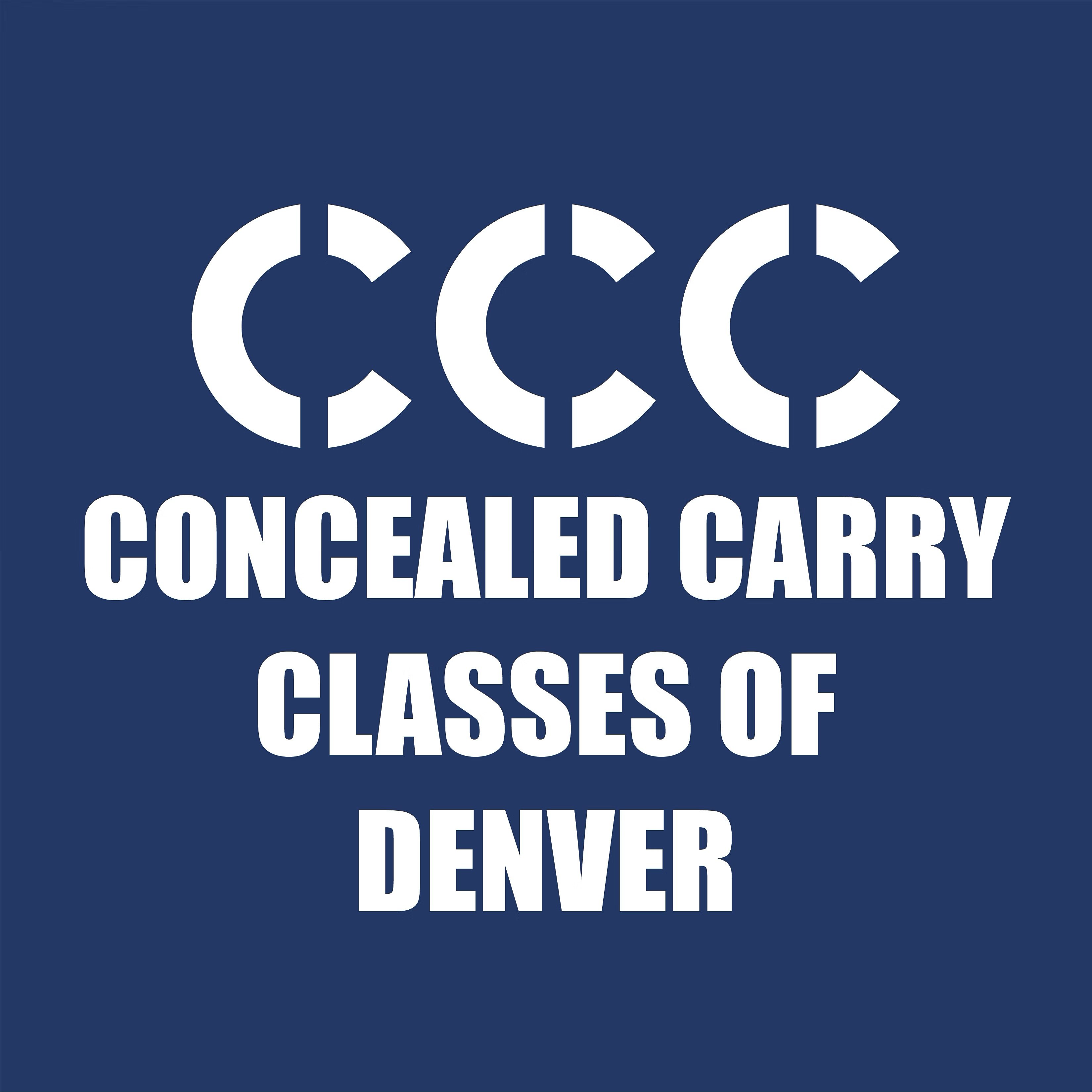Navigating Firearm Regulations in National Parks: A Guide for Concealed Carry Holders and Gun Owners
The intersection of federal, state, and local laws governing the possession and carrying of firearms in National Parks can be complex and confusing for gun owners. With the stipulation that national parks’ gun laws are dictated by the corresponding state laws, concealed carry permit holders, including those from out of state, must navigate a labyrinth of regulations to ensure they remain within legal boundaries.
Understanding Federal Laws on Firearms in National Parks
Federal law permits individuals to possess firearms in National Parks as long as they are not prohibited by law from owning firearms and their possession complies with the state laws where the park is located (54 U.S.C. 104906). It’s crucial for visitors to familiarize themselves with all relevant federal, state, and local firearms laws and regulations before entering a national park. This preparation includes understanding laws about concealed carry and being aware of the specifics of reciprocity between states.
Reciprocity plays a significant role for out-of-state concealed carry permit holders. If a national park is situated in a state that recognizes the visitor’s home state concealed carry permit, then the visitor can legally conceal carry their firearm within the park, adhering to the specific state laws. However, even with this allowance, federal law categorically bans the possession of firearms in federal facilities within national parks, such as visitor centers and government offices, under 18 U.S.C. § 930.
Examples of Diverging State Laws and Their Impact
To illustrate the complexity, consider two scenarios involving gun owners in states with differing gun laws:
- California vs. Arizona in Yosemite National Park: A concealed carry permit holder from Arizona decides to visit Yosemite National Park, which spans areas in California. While Arizona has relatively less restrictive gun laws, California’s stringent regulations apply within the park’s boundaries. If the visitor carries a type of firearm or magazine that is legal in Arizona but banned in California, they could be violating state law despite legally entering the park with their firearm.
- Virginia vs. West Virginia in Harpers Ferry National Historical Park: This park is located at the junction of Virginia, West Virginia, and Maryland. A gun owner with a concealed carry permit from Virginia might be legal in sections of the park within West Virginia, owing to reciprocal agreements, but could find themselves in legal jeopardy in the Maryland section if Maryland does not recognize Virginia’s concealed carry permits.
Prohibited Actions Regardless of State Laws
Despite the variance in state laws, certain actions remain prohibited across all national parks:
- Possession in Federal Facilities: Carrying firearms inside federal buildings within national parks is illegal, highlighting the importance of understanding which areas are off-limits.
- Defense Against Wildlife: Federal regulations prohibit the use of firearms for self-defense against wildlife in national parks. Visitors are encouraged to use non-lethal means for wildlife protection.
National Parks Located In States Where Open Carry Of Firearms Is Lawful
In instances where a national park is located within a state that permits the open carry of firearms, visitors are legally allowed to open carry within that national park, adhering to the state’s specific open carry regulations. However, it is generally advised for visitors who have a concealed carry permit, or are in a state that allows permitless carry, to opt for concealed carry instead of open carry during their visit. Concealed carrying tends to be preferable as it minimizes the likelihood of drawing unwanted attention or causing concern among other park visitors. This approach promotes a more peaceful and unobtrusive experience for everyone in the national park, ensuring that the primary focus remains on enjoying the natural beauty and serenity of the park environment.
Navigating Legal Requirements
The responsibility lies with the visitor to ensure compliance with all applicable laws. This obligation includes a thorough investigation of state and local laws, especially in parks that span multiple jurisdictions. Gun owners must also respect the prohibitions on carrying firearms in federal facilities and the use of firearms within park areas.
Conclusion
For concealed carry holders and gun owners wishing to carry firearms into national parks, the key to lawful possession lies in a comprehensive understanding of and compliance with state laws and reciprocity agreements. As laws vary significantly from one state to another, what is legal in one jurisdiction may lead to serious legal consequences in another. Therefore, prior to visiting a national park, diligent research and preparation are indispensable to ensure a lawful and enjoyable visit.
This document is intended for informational purposes only and is not legal advice. Readers should consult a licensed attorney for advice on specific legal issues. The author disclaims any liability for actions taken or not taken based on this document’s content.


